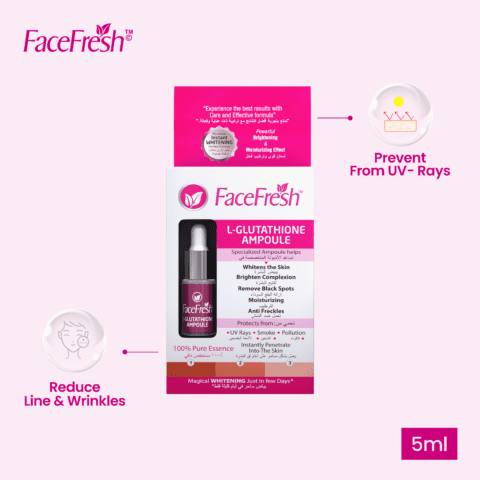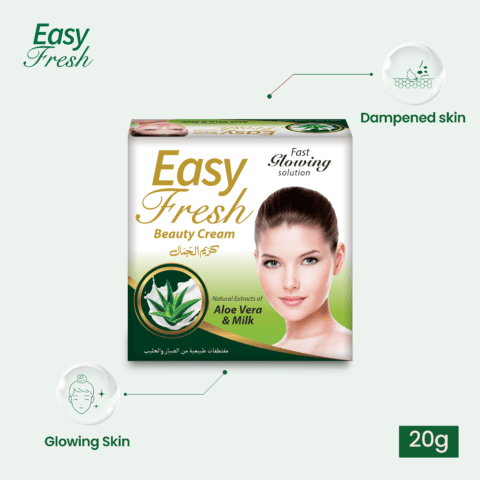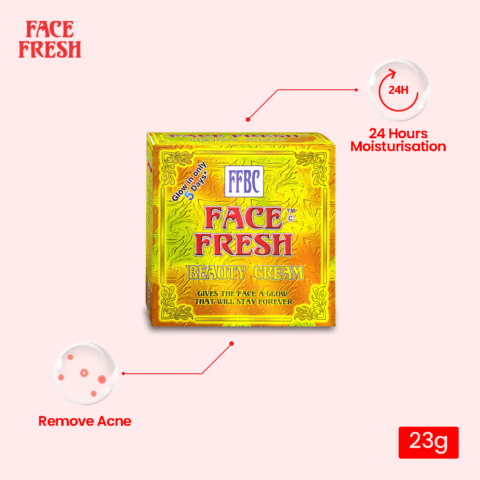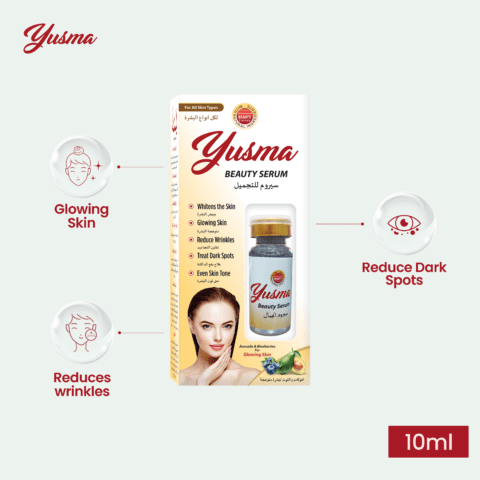Are you tired of spending a fortune on skincare products that promise miraculous results but fail to deliver? If so, it’s time to shift your focus from external remedies to internal nourishment. While skincare products can certainly contribute to a healthy complexion, the role of diet in skincare should not be underestimated. What you eat plays a significant role in the health and appearance of your skin. In this article, we will explore how a well-balanced diet can help you achieve a radiant and glowing complexion.
Table of Contents
- Introduction
- The Connection Between Diet and Skin Health
- Understanding the Basics of Skin Health
- How Diet Affects Your Skin
- Key Nutrients for Healthy Skin
- Antioxidants: Guarding Against Free Radicals
- Omega-3 Fatty Acids: Nourishing from Within
- Vitamins and Minerals: Supporting Skin Vitality
- Foods for Healthy Skin
- Berries: The Antioxidant Powerhouse
- Fatty Fish: A Source of Essential Fatty Acids
- Nuts and Seeds: Nutrient-Dense Snacking
- Leafy Greens: A Burst of Vitamins and Minerals
- Citrus Fruits: Vitamin C Boosters
- Water: The Elixir of Youthful Skin
- Skincare Habits to Complement Your Diet
- Cleansing and Moisturizing: Essential Steps
- Sun Protection: Shielding Your Skin
- Hydration: Internal and External
- Stress Management: Impact on Skin Health
- Quality Sleep: Rejuvenation from Within
- Conclusion
- FAQs (Frequently Asked Questions)
1. Introduction
In our quest for flawless skin, we often overlook the impact of our daily dietary choices. However, what you consume has a profound effect on your skin’s health and appearance. By focusing on a diet rich in essential nutrients, you can nourish your way to a healthy and glowing complexion.
2. The Connection Between Diet and Skin Health
Understanding the Basics of Skin Health
The skin is the largest organ of the body and serves as a protective barrier against external aggressors. It consists of several layers, each with its own function. Maintaining the health of these layers is crucial for the overall well-being of your skin.
How Diet Affects Your Skin
Research has shown that the foods we eat can directly impact the health and vitality of our skin. Certain nutrients play a key role in supporting skin functions such as hydration, collagen production, and protection against oxidative damage. By incorporating these nutrients into your diet, you can promote a youthful and radiant complexion.
3. Key Nutrients for Healthy Skin
Antioxidants: Guarding Against Free Radicals
Antioxidants are compounds that help protect the skin from damage caused by free radicals. Free radicals are unstable molecules that can accelerate aging and contribute to various skin issues. Including antioxidant-rich foods in your diet can help neutralize these harmful molecules and maintain skin health.
Omega-3 Fatty Acids: Nourishing from Within
Omega-3 fatty acids are essential fats that play a crucial role in maintaining skin integrity. They help to strengthen the skin’s barrier, reduce inflammation, and enhance hydration. Foods such as fatty fish, flaxseeds, and walnuts are excellent sources of omega-3 fatty acids.
Vitamins and Minerals: Supporting Skin Vitality
Vitamins and minerals are essential for overall health, including the health of your skin. Vitamin C promotes collagen production, vitamin E protects against oxidative damage, and zinc helps to regulate oil production. Including a variety of fruits, vegetables, and whole grains in your diet ensures an adequate intake of these vital nutrients.
4. Foods for Healthy Skin
Berries: The Antioxidant Powerhouse
Berries, such as blueberries, strawberries, and raspberries, are packed with antioxidants. These delicious fruits can help combat free radicals, reduce inflammation, and promote a youthful complexion. Incorporate a colorful assortment of berries into your diet for optimal skin health.
Fatty Fish: A Source of Essential Fatty Acids
Fatty fish like salmon, mackerel, and sardines are rich in omega-3 fatty acids. These fats nourish the skin from within, keeping it supple and hydrated. Aim to include fatty fish in your meals a few times a week to reap the skin-boosting benefits.
Nuts and Seeds: Nutrient-Dense Snacking
Nuts and seeds are nutritional powerhouses, providing a wide range of vitamins, minerals, and healthy fats. Almonds, walnuts, chia seeds, and flaxseeds are particularly beneficial for the skin due to their omega-3 fatty acid content. Enjoy them as a snack or sprinkle them on salads and yogurt for added skin nourishment.
Leafy Greens: A Burst of Vitamins and Minerals
Leafy greens such as spinach, kale, and Swiss chard are excellent sources of vitamins A, C, and E. These vitamins help protect the skin from oxidative damage and promote a healthy complexion. Add a generous portion of leafy greens to your meals to enhance your skin’s vitality.
Citrus Fruits: Vitamin C Boosters
Citrus fruits like oranges, lemons, and grapefruits are abundant in vitamin C. This essential vitamin plays a vital role in collagen synthesis, promoting firmness and elasticity in the skin. Squeeze fresh citrus juice into your water or enjoy a tangy fruit salad to boost your vitamin C intake.
Water: The Elixir of Youthful Skin
Staying hydrated is crucial for maintaining healthy skin. Water helps flush out toxins, improves circulation, and keeps the skin moisturized. Make it a habit to drink an adequate amount of water throughout the day to support your skin’s natural radiance.
5. Skincare Habits to Complement Your Diet
While a nourishing diet forms the foundation of healthy skin, incorporating proper skincare habits is equally important. Consider the following practices to complement your diet and achieve optimal skincare results:
Cleansing and Moisturizing: Essential Steps
Cleanse your skin twice a day to remove dirt, oil, and impurities. Follow up with a suitable moisturizer to keep your skin hydrated and supple. Choose products that are suitable for your skin type to maintain a balanced complexion.
Sun Protection: Shielding Your Skin
Protecting your skin from harmful UV rays is crucial for preventing premature aging and reducing the risk of skin cancer. Apply sunscreen with an SPF of 30 or higher every day, even on cloudy days.





Leave a comment
Your email address will not be published. Required fields are marked *